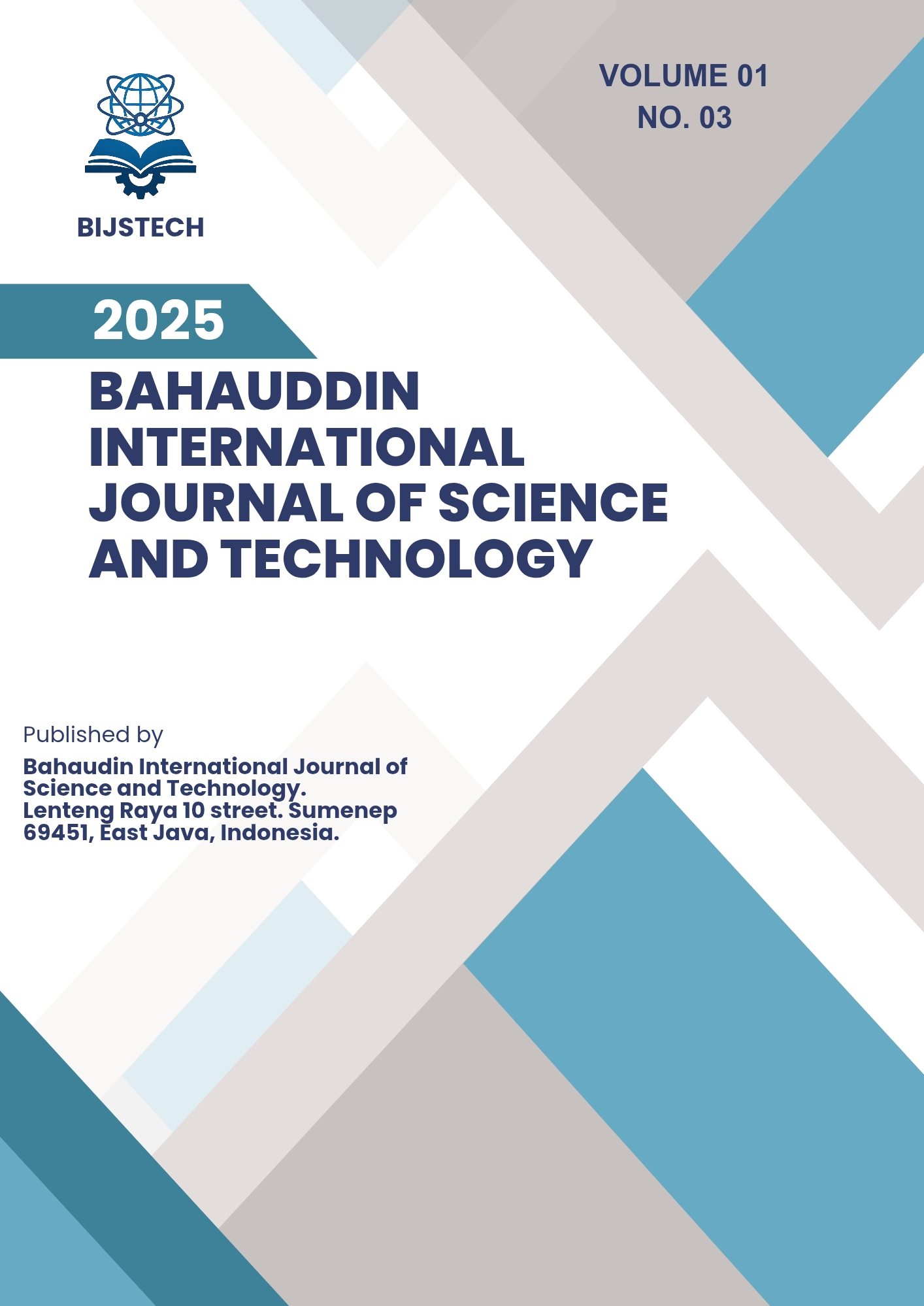Abolishing the Presidential Threshold and the Future of Electoral Democracy in Indonesia
Keywords:
Presidential Threshold, Electoral Democracy, Constitutional Court, Electoral System, Political ReformAbstract
The abolition of the presidential threshold by the Constitutional Court marks a significant milestone in the development of electoral democracy in Indonesia. This decision reflects a shift toward a more inclusive and equitable political system by granting equal opportunity for all political parties to nominate presidential and vice-presidential candidates without administrative barriers. Normatively, this policy aligns with the principles of constitutional democracy that uphold citizens' political participation rights. It also has the potential to broaden political choices, enhance electoral competition, and diminish the dominance of major party oligarchies. However, the removal of the threshold also presents challenges, such as the potential for vote fragmentation and weak parliamentary support for the elected president. Therefore, this reform must be accompanied by systemic changes, including amendments to electoral laws, strengthening of electoral institutions, and improved political education for the public. With a holistic approach, the abolition of the presidential threshold can serve as momentum to strengthen the quality and representativeness of Indonesia's electoral democracy in the future.
Keywords: Presidential Threshold, Electoral Democracy, Constitutional Court, Electoral System, Political Reform.

Downloads
Published
Versions
- 13-08-2025 (2)
- 04-08-2025 (1)
